The appearance of your baby’s first tooth is a memorable moment. Amid the excitement of this milestone, it is also important to take good care of your baby's oral hygiene.
Proper dental care can prevent tooth decay. This article will help you establish good oral hygiene habits in your child.
Why is dental hygiene important in children?
Baby teeth are more prone to decay due to their thinner enamel (protective layer of teeth) and higher consumption of sweets. Dental hygiene is important for the following reasons:- Baby teeth maintain the space for permanent teeth.
- They help with chewing and speaking clearly.
- Healthy, well-aligned teeth are aesthetically pleasing and boost a child’s confidence.
How can you take care of your baby’s oral hygiene?
You need to take care of your baby’s oral hygiene even before the first tooth erupts. You may clean your baby’s gums after each feeding and at bedtime. The following steps will keep your baby’s gums clean and free of decay-causing bacteria. Here's how to take care of baby teeth and gums:- Cradle your baby in one arm. Wrap a wet, clean cloth around the index finger of your free hand and gently massage the gums.
- Redness and swelling of the gums are signs of tooth eruption. You may ease these teething symptoms by giving your baby a cold wet cloth or a cold teething ring to chew.
- Remember, never share spoons or put your baby’s pacifier or bottle nipple in your mouth to clean it. Such practices may transfer germs to your baby’s mouth and cause tooth decay.
- Always use a clean pacifier that has not been dipped in honey or sugar.
- Use a soft-bristled toothbrush to gently brush your baby’s teeth. Do not use toothpaste. Continue gum massage and clean the gums after feedings.
- Lift your baby’s lips regularly to check the surface of the teeth. If you notice any brown or white spots on the teeth, schedule a dentist’s appointment.
- Schedule your baby’s first dental check-up before the age of one year or within six months of the first tooth eruption.
By the age of two years, you may brush your baby’s teeth with a pea-sized quantity of fluoride toothpaste. By this time, your child will also learn to spit out the toothpaste and rinse his/her mouth. Ensure that your child does not swallow the toothpaste. Begin flossing once your baby’s teeth touch each other. Continue to visit the dentist regularly. Inform the dentist if your child continues to suck a pacifier or thumb beyond the age of three.
What food habits can my baby have for good oral health?
Tooth decay develops when sugars in food left on the baby’s teeth are converted into acids by bacteria in the mouth. These acids eat away the tooth enamel and cause decay. Here are a few food habits to adopt while caring for your baby's teeth:- From the age of six months, encourage your child to drink from a sippy cup.
- Fill the sippy cup or bottle with water if your child wants it for long periods.
- Encourage drinking from a cup after one year.
- Offer fruit juices only at mealtimes and only if your baby is older than six months.
- Never put your child to sleep with the milk bottle in their mouth. If your baby demands a bottle at bedtime, fill it with plain water instead.
- Give sugary treats as desserts after meals, rather than as snacks.
- Choose juicy fruits and vegetables with high water content, such as melons and cucumbers, as healthy snacks.
- Give calcium-rich foods, such as yoghurt and milk, for strong teeth.
- Avoid sugary or sticky foods, such as caramel or honey, that cling to the teeth.
- Limit snacks to no more than once or twice a day.
How to establish good oral hygiene habits?
To establish good oral habits and encourage toddlers to brush, make brushing fun for them with the following baby teeth care tips:- Let them choose their own toothbrush.
- Allow them to have a toothpaste of their favourite taste.
- Play a two-minute song while brushing as a timer.
- Narrate stories about keeping teeth-decaying bugs away.
- Make brushing a family affair.
- Reward them with stars and stickers for brushing well.
- Plan a fun activity after the dentist’s visit.
The best way to keep your child’s teeth clean is to brush at least twice daily and, if possible, after every snack or meal. Visit a dentist regularly to catch any dental problems early. Set a daily routine to help your child maintain good oral health.




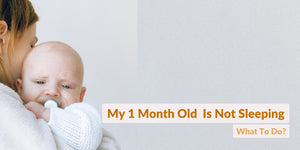

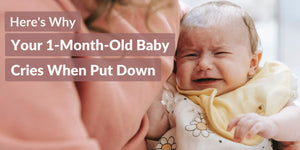

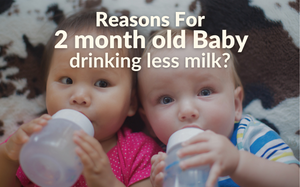
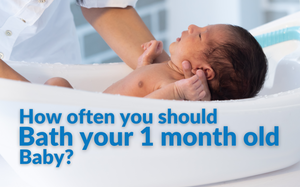
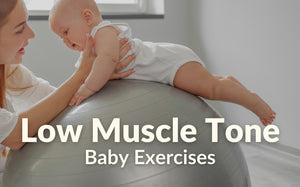
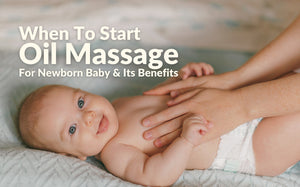

LEAVE A COMMENT